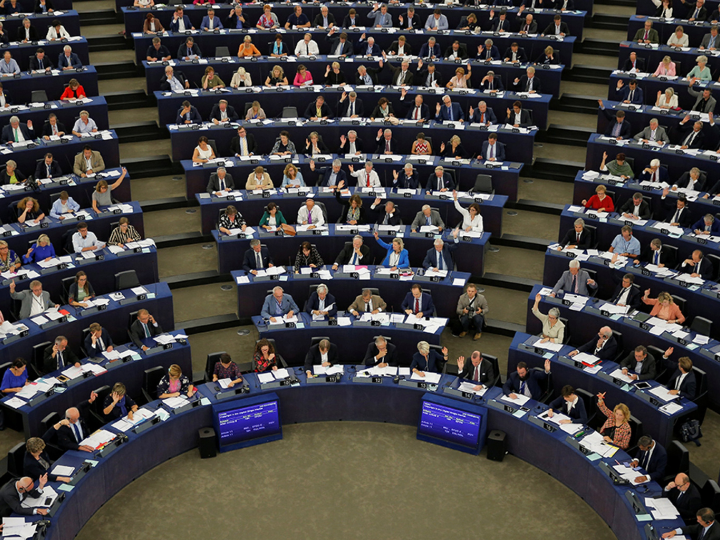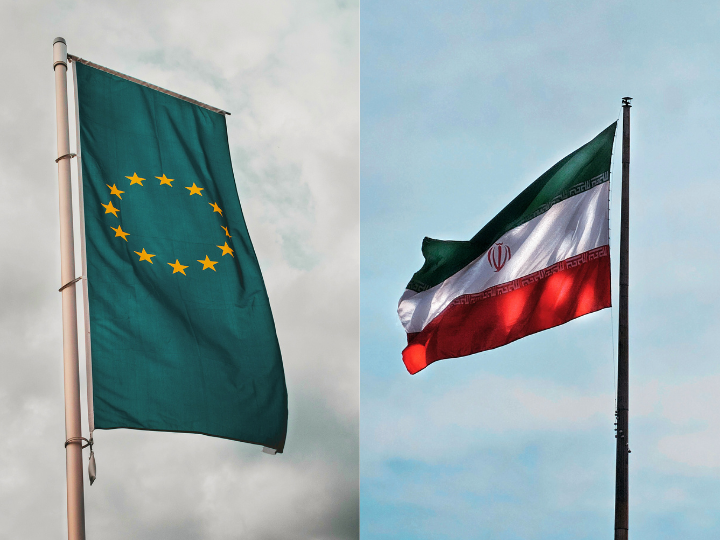N. Peter Kramer’s Weekly Column
Following the 2016 referendum in the UK there were predictions by EU prophets of doom, like chief-negotiator Barnier, that banks, hedge funds and other financial firms would leave London’s City en-mass. However, it becomes clear that this exodus has not happened at all, rather the contrary. Financial consultants have made it known that 1500 money managers, payment firms, insurers and the likes have applied for permission to continue operating in London after Brexit; two-thirds do not even have their current base in the UK. Around 400 of them are insurance companies which suggests that UK PLC is in good health, at least when it comes to high finance. There has been a slow drip of financial service firms leaving the City for Frankfurt and Amsterdam because the European Commission dictated that euro-denominated shares must be traded inside the EU.
There is still unfinished business between the two sides: for instance, in financial and digital services. However, the European Commission recently published its draft ‘adequacy decision’ that will ensure that free flow of data between the EU and the UK can continue. In financial services officials already agreed on a joint Memorandum of Understanding by the end of March. It seems that this MoU is likely to cover mutual recognition of professional qualifications and equivalence agreements whereby the two sides recognise each other’s regulation.
At the moment all signs are that the UK has few, if any, plans to undercut the EU regulatory framework. In most cases, with the possible exception of insurance and hedge funds, new UK laws are unlikely to mean looser regulation. On the contrary, the UK has tended to want more stringent rules on bank capital requirements than the EU.
So there seems to be little suggestion that the UK poses any threat to the so called ‘integrity of the single market’.






